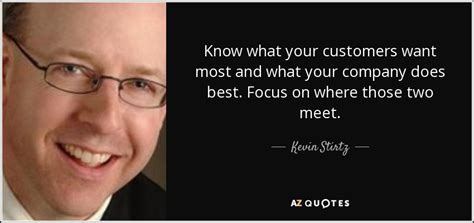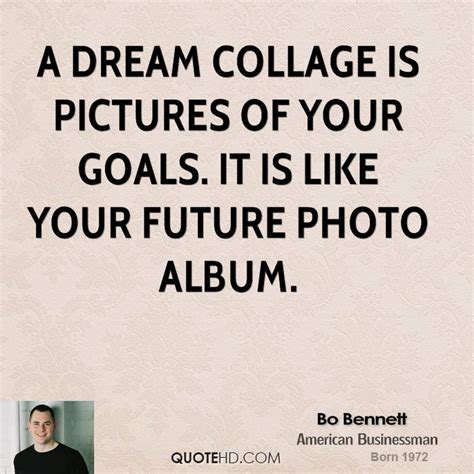A Quote by Seth
Choose your customers. Fire the ones that hurt your ability to deliver the right story to the others.
Related Quotes
Sickness is a hindrance to the body, but not to your ability to choose, unless that is your choice. Lameness is a hindrance to the leg, but not to your ability to choose. Say this to yourself with regard to everything that happens, then you will see such obstacles as hindrances to something else, but not to yourself.
You don't choose your themes; they choose you. The meaning of your stories will rise out of your deepest longings, often out of longings so deep that you haven't admitted them even to yourself. Your convictions, your confusions, your most passionate dreams will be there whenever you begin a story, so you might as well learn to tap into them.



































